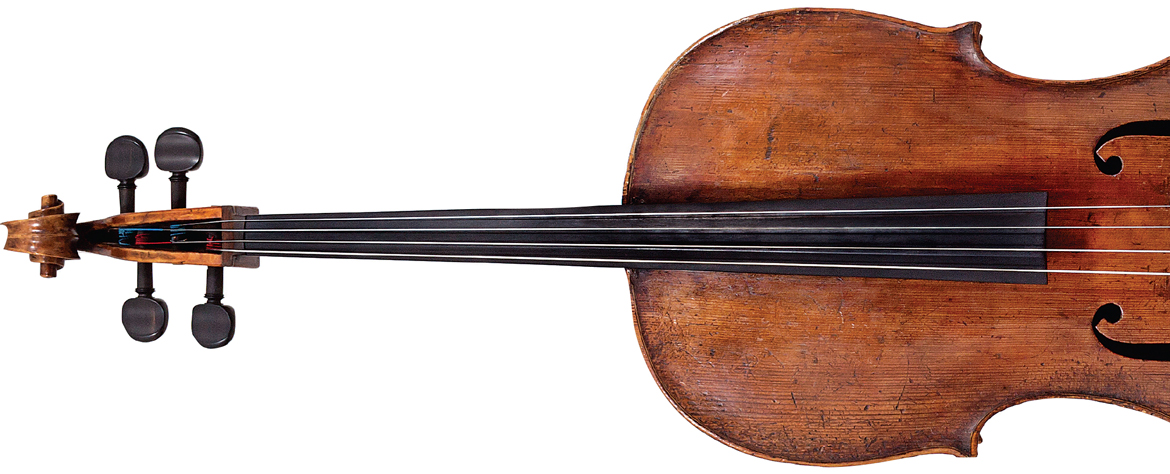A Cello Story

A boy's prized instrument survives the horrors of war and lives on for Oberlin students
by J Keirn-Swanson
&
Cathy Partlow Strauss '84
1938. Hamburg, Germany.
“Play it or leave it!” the Nazi customs inspector demanded. “Play the Largo in G Major by Handel.” In line in the customs shed, 16-year-old Ferdinand Mann had but one possession that mattered to him: his cello. All the family loved music, but Ferdi, as they called him, was the first to make it his own. He had carefully packed it for the journey—his parents had arranged for him and his sister to flee Hitler’s Germany for the safety and promise of America. To unpack his cello now might mean the instrument’s destruction if he didn’t have a chance to repack it properly before boarding the ship.
But the customs officer was unrelenting.
“I never trust a Jew. Play!”
Slowly, under the watchful eyes of his mother and father, his sister, and the customs officer, Ferdi obeyed. Carefully and quietly, he set down the massive wooden case and pulled out the instrument. He tuned it methodically as he had been taught, checked the tension on his bow, planted his feet, and prepared to play. A crowd gathered to see what would happen. Ferdi took a deep breath and began.
The music that poured from the instrument emanated from the depths of his soul. It spoke of his longing for life in America; it expressed his dreams and hopes, and it sang of love.
Compassion overtook the inspector, who granted the Manns permission to depart with all their posses- sions—including the precious cello—without another word. It marked the end of Ferdi’s childhood and the beginning of his new life as Fred Mann, American citizen.
Today, the cello that young Ferdi played to freedom—a beautiful Neapolitan instrument made by Vincenzo Postiglione circa 1850—has begun a new life at the Oberlin Conservatory. Donated by Mann’s children in December 2012, the gift includes several other pieces from his collection: a modern Spanish cello made in 1980 by Fernando Solar, an electric cello, three cello bows, and a violin bow. Fred Mann’s daughters, Pamela A. Mann ’70 and Katherine S. Mann ’82, and Katherine’s husband, Mitchell Lederer ’82, were drawn to Oberlin in part because of their family’s love of music. When it came time to find a good home for their father’s instruments, the conservatory seemed the natural place.
The gifts were accompanied by the family’s sentimental chronicle of the Postiglione's own passage to America. In this way, stringed instruments’ histories are often passed on from player to player; they are the stories of people, carried across time, continents, and oceans. The story of Mann’s beloved cello will live on in the hands of Oberlin students: those with important solo dates, Kennedy Center performances, and concerto appearances with the Oberlin Orchestra. Cellists in contemporary music or performance and improvisation ensembles will play the electric cello in amplified rock, jazz, world, and polystylist genres. An anxious student whose own instrument needs repairs will keep up with her studies by working on the fine modern cello once played by Mann.
“It is really thrilling to think that our father’s cellos will be played by aspiring musicians,” says Pamela Mann.
“Access to better quality instruments is a huge gift the conservatory can give developing musicians,” says Darrett Adkins, associate professor of cello.
“It supports the growing artistry of our students in tangible and exciting ways.”
And through these instruments, generations of Oberlin alumni will forge their own connections to a story that began with one cello’s voyage from Germany to America in the arms of a young boy who dreamed of a better life.
Click for a photo gallery of Fred Mann's 19th-century Postiglione cello!
